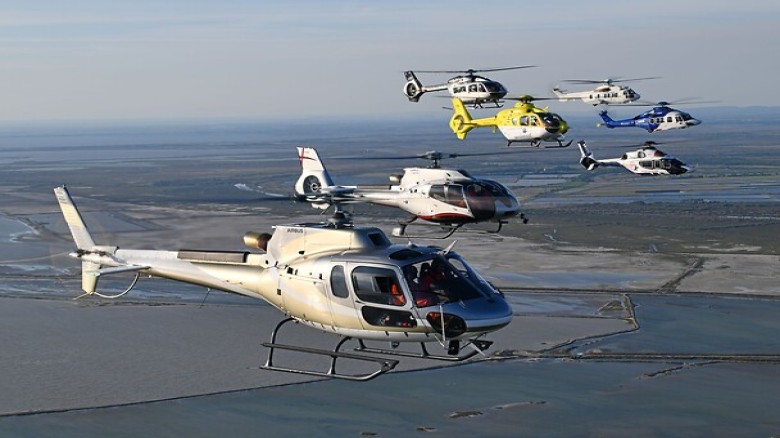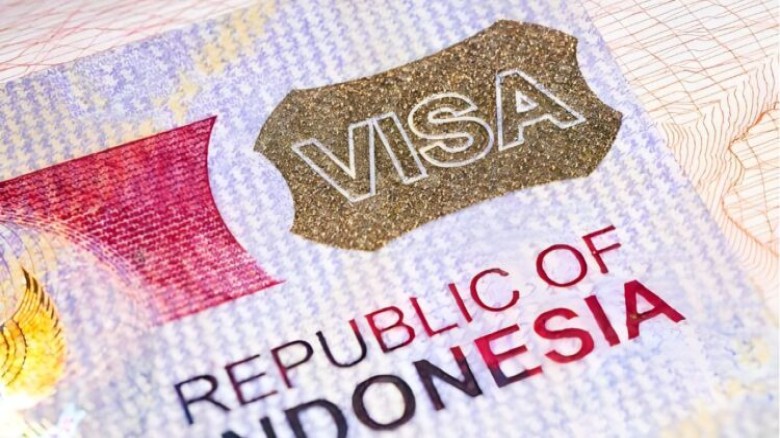NAMA warns oil firms over unpaid $300 helicopter levy
In line with its legal responsibilities, the NAMA has urged oil and gas companies to fully adhere to the NAMA Act by quickly settling helicopter landing fees.These fees relate to air navigation services rendered by the agency throughout Nigerian airspace, encompassing activities at oil fields, terminals, platforms, rigs, FPSOs, helipads, airstrips, and aerodromes.
In a notice published on Tuesday, NAMA revealed that it has been collaborating with oil and gas operators since 2022—partnering with Naebi Dynamic Concepts Limited—to promote compliance with the Nigerian Airspace Management Agency Act of 2022.
However, the agency indicated that in spite of several written notices, compliance has been inadequate, blaming the situation on the influence of specific individuals in the industry who have actively worked against regulatory compliance.
The agency did not disclose the names of the non-compliant oil companies or the individuals encouraging them to disregard its regulations.
“Since 2022, the Nigerian Airspace Management Agency, in collaboration with Naebi Dynamic Concepts Limited, has consistently issued multiple written notices to engage oil and gas operators regarding the legal requirements of the NAMA Act. Unfortunately, these proactive initiatives have not achieved the desired level of compliance, largely due to the impact of certain individuals who have conspired with them to evade established regulatory mandates,” the statement partially quoted.
NAMA stressed that the enforcement of helicopter landing fees aligns with global aviation standards, highlighting that similar charges are applied by other International Civil Aviation Organisation members across Europe, Asia, and the Americas.
“These fees are crucial for the maintenance, upgrade, and acquisition of advanced air navigation infrastructure, which is essential for the safe and effective management of Nigeria’s airspace, especially considering the increasing operations of drones, helicopters, and fixed-wing aircraft,” it noted.
According to NAMA, the agency possesses exclusive authority to provide and manage all air navigation services and air traffic control within Nigerian airspace, including at both public and private aerodromes. It specified that Sections 8 and 9 of the NAMA Act strictly prohibit any individual or entity other than NAMA from delivering these services.
The agency cautioned that penalties would be imposed on defaulting operators, including “denying or withholding flight clearances to any operator until outstanding fees have been settled or a security or guarantee has been provided to the satisfaction of the Agency for the payment of the charges or fees.”
In more serious cases, particularly those involving unapproved helipads or platforms operating without NAMA authorization, the agency stated it would seek ministerial consent to close down or move such facilities. It added that this course of action would be executed in accordance with Section 8(3) of the NAMA Act.
Consequently, NAMA has granted the impacted oil companies a seven-day period to submit their payment strategies to Naebi Dynamic Concepts Ltd, warning that enforcement actions will be taken against those who do not comply.
“As accountable and law-abiding international corporations, the Nigerian Airspace Management Agency calls upon all affected oil companies to, within seven days from the date of this announcement, formally notify Naebi Dynamic Concepts Ltd of their proposed payment strategies and methods for applicable air navigation charges.
“Failure to comply within the specified timeframe will result in appropriate enforcement measures being activated, including the denial of flight clearances for helicopter operations to oil fields, terminals, platforms, rigs, Floating Production Storage and Offloading units, helipads, airstrips, and aerodromes.
“This action is undertaken not only to enforce regulatory compliance but also to protect national security, enhance aviation safety, promote operational sustainability, and ensure the ongoing efficiency of Nigeria’s aviation environment, all in accordance with international commitments and globally accepted best practices.”























Leave A Comment